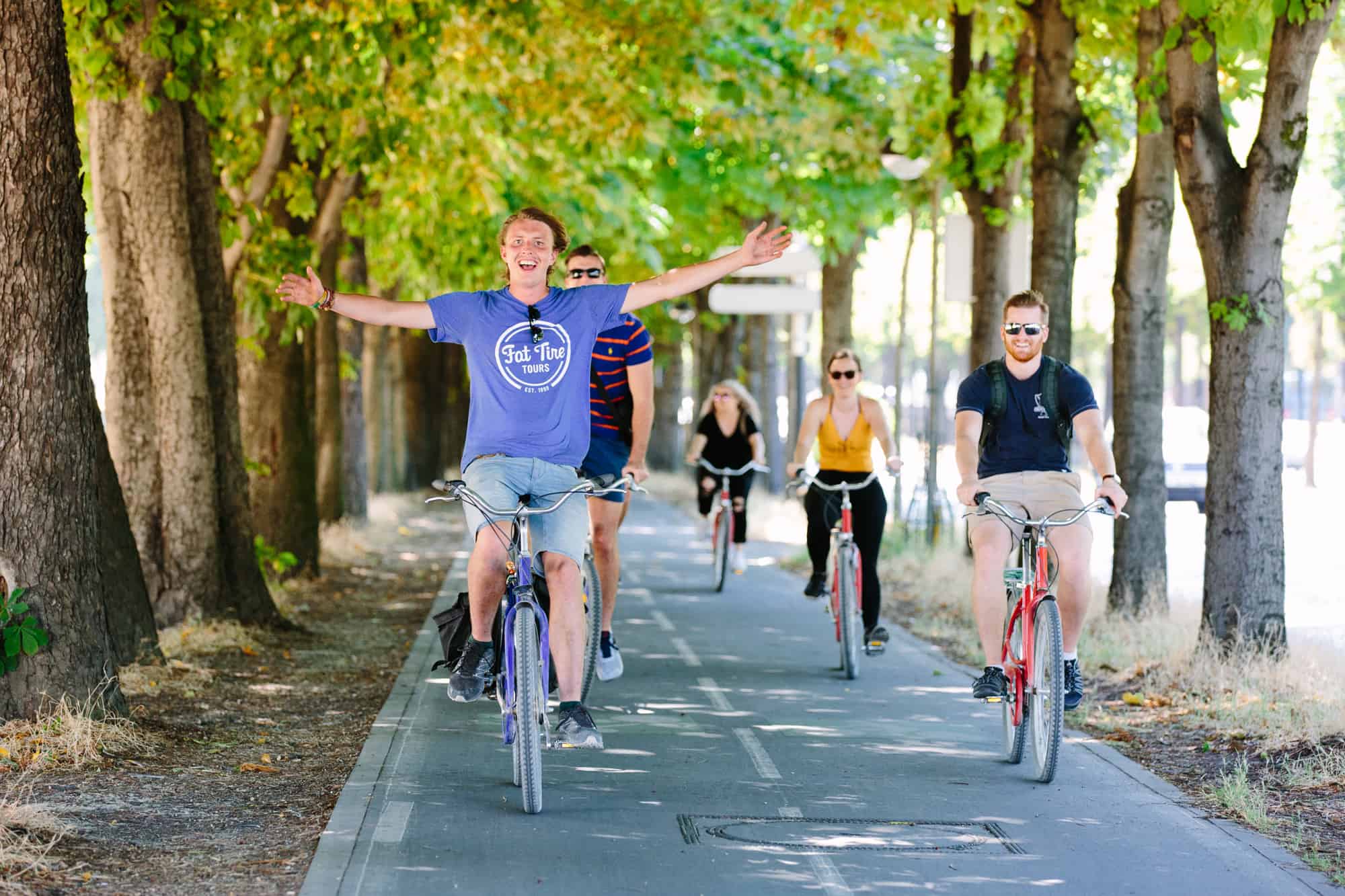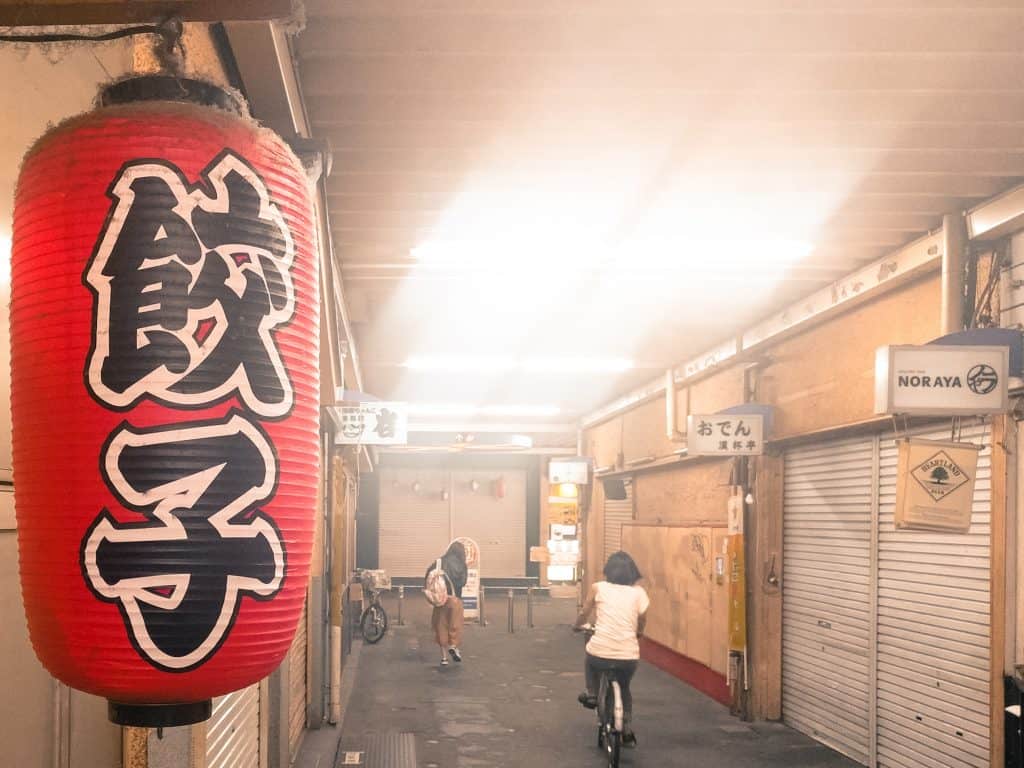Are you coming to study in Paris? If so… félicitations! It’s a fabulously beautiful place that you’ll remember forever. Plus you’ll learn another language, and get to experience just what it’s like to wake up in the City of Light! But, on a practical note, there are quite a few things that might end up being a bit of a headache, as us expats know all too well. So, here are a few points to add to your to-do list…
Health Insurance
Health insurance in France is compulsory for all students. Europeans can use their European Health Insurance card but non-Europeans (except French Canadians) will have to pay a one-off sum of just over 200 euros for the academic year when registering. This allows you to be reimbursed 70% of your medical costs.
If you visit the doctor, s/he’ll ask you for a “Carte Vitale” which you will not have. Instead, you pay up front (usually around 30 euro) and send the “feuille de soins” (a brown + white sheet of paper) to your insurance company, of which there are only two: the LMDE and SMEREP. For a very small amount extra, they also offer complementary health insurance, which gives you even more reductions on healthcare. Need to visit your insurance company? Be prepared to queue, and also to face the infamously unhelpful attitude of French civil servants (nice ones do exist though).
Accommodation
Unless you have connections, or your university organizes it for you, finding accommodation in Paris is difficult. You have three options:
1) A private studio. Normally located on the 6th floor, with no lift, these are converted maids’ quarters, so expect space to be very very limited. They are also the most sought-after, so prices can be eye-watering. Expect to pay around 600-700 euros for less than 20 m², although prices vary enormously depending on what area you’re in. Toilets are often located on the landing.
2) A “colocation” (flat-share). It’s often a good idea to start off with a flatmate or two, as they can help you get settled, and might even end up being your friends! Rooms in shared apartments are less expensive, but often you’ll find that the lounge has been converted into a bedroom, so there is less space for socializing.
3) A room in part-exchange for babysitting/English language classes. There are many French families who are looking for native English speaking students to pick up their kids after school in exchange for a room. I’ve known people for whom this have been a real success – being welcomed into a Parisian family and growing to love the children – and others who ended up being treated like a full-time nanny.
Transport
If you’re staying for a year you should invest in a travel card. The card itself is called the “Passe Navigo”, but as a student you can get the “Imaginaire” version, which is half price (30 euro a month). It gives you access to zones 1 and 2 of Paris, which easily covers the areas you’ll be traveling around, unless you end up living very far out, which I don’t recommend if you’re only staying for a year, even if you can get a lot more floor space, as you’ll miss out on the experience of living right at the heart of Paris (and you’ll have to leave parties early…)! The “Imaginaire” card also works on the bus and the RER (Paris’ train network which serves the city and suburbs). A tip that I often give to people living in Paris is to buy a “carnet” (a pack) of travel tickets for guests in advance. 10 tickets will set you back roughly 13 euro, but will make traveling around Paris with family a lot smoother than if you constantly have to buy new tickets.
Just arrived in the city? You cannot miss out on a visit to the Tour Eiffel! The absolute best time to visit the tower is at night, when you see her light up and sparkle across the city.
A très bientôt!




